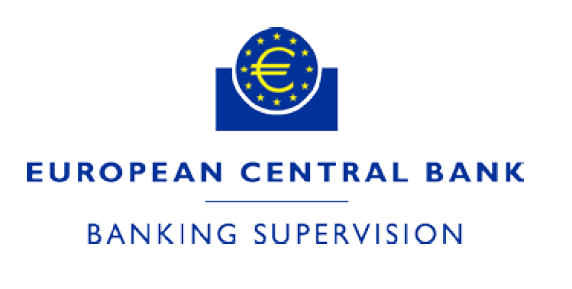Jeudi 29 juin 2017
Question écrite à la BCE
Vendredi 28 avril, j’adressais une question écrite à l’attention de Madame Nouy, Présidente du Conseil de supervision au sein de la Banque centrale européenne (BCE).
Ci-dessous la question et la réponse de la présidente du Conseil de supervision.
Question for written answer Z-073/2017 to the Chair of the Single Supervisory Mechanism Board – Rule 131a
Pervenche Berès (S&D)
Subject: Supervising the use of tax havens by European banks
On 27 March 2017 Oxfam published a report entitled ‘Opening the vaults: the use of tax havens by Europe’s biggest banks’, in which, as the new rules introduced through the fourth Capital Requirements Directive in January 2015 allow, it drew on country-by-country data on the banking sector. Referring to the data, Oxfam pointed out that the top 20 EU banks are registering more profits in special tax jurisdictions than can be justified by the level of real economic activity taking place there. A large proportion of the profits declared is made despite the banks not employing a single person in the countries concerned. Furthermore, the biggest banks usually pay low or no taxes in those jurisdictions.
In view of your responsibility for supervising these banks:
– How are you ensuring that the activities conducted by EU banks in third countries are supervised effectively?
– Can you provide additional useful information on this issue?
– What are the risks do such practices pose to the financial stability of the Banking Union?
– What measures do you intend to take to address these risks?
– Would you conclude that further legislative action needs to be taken? If so, in what areas?
Réponse de Madame Nouy :

Danièle Nouy, Chair of the Supervisory Board
Ms Pervenche Berès
Member of the European Parliament
European Parliament
60, rue Wiertz
B-1047 Brussels
Frankfurt am Main, 28 June 2017
Re: Your letter (QZ043)
Honourable Member of the European Parliament, dear Ms Berès,
Thank you for your letter regarding the supervision of the use of tax havens by European banks, which was passed on to me by Mr Roberto Gualtieri, Chairman of the Committee on Economic and Monetary Affairs, accompanied by a cover letter dated 31 May 2017.
I understand that your request was triggered by the report entitled “Opening the vaults: the use of tax havens by Europe’s biggest banks”, published by Oxfam on 27 March 2017, which noted that the top 20 EU banks are registering more profits in special tax jurisdictions than can be justified by the level of real economic ac-tivity taking place in those jurisdictions.
As mentioned to you during my hearing at the ECON Committee on 19 June 2017, the ECB is not competent to supervise compliance with tax regulations. This responsibility resides with the relevant national competent authorities.
As part of its banking supervision mandate, the ECB is tasked with ensuring that credit institutions comply with the Capital Requirements Directive and the Capital Requirements Regulation. Disclosure require-ments are set out in Article 4(1)(d) and (e) of the SSM Regulation. As a supervisor, the ECB monitors whether banks comply with the national transposition of this requirement. This includes the responsibility to ensure that banks disclose their profit or loss before tax and their tax on profit or loss on an annual basis and for each country they operate in, as well as at the highest level of consolidation.The availability of such publicly disclosed information can facilitate the work of the competent tax authorities.
From a prudential supervisory perspective, the ECB is aware that banks’ compliance with legal requirements can also be an indicator of the quality of their internal control, risk management and governance arrange-ments, and that weaknesses in these areas may have consequences for their reputation and solvency. To this end, the ECB has identified conduct risk – which includes compliance with taxation laws – as one of the key risks for the euro area banking system. At the bank-specific level, identifying such risks feeds into the ECB’s annual Supervisory Review and Evaluation Process (SREP), which may result in the imposition of additional capital or liquidity requirements, or additional supervisory measures, as appropriate.
Concerning your question on the risks to financial stability in the banking union emanating from banks regis-tering profits in special tax jurisdictions, the ECB does not see the potential for a direct impact on financial stability. However, the ECB does see potential for a negative impact on financial stability to the extent that special tax jurisdictions also have lax financial regulation and supervision.
Regarding your last question, the European Commission may be better placed to comprehensively assess the need for a legislative review in this field, given that it relates to a variety of legal requirements outside of the ECB’s remit.
Yours sincerely,
Danièle Nouy
https://www.bankingsupervision.europa.eu/press/publications/date/2017/html/index.en.html
